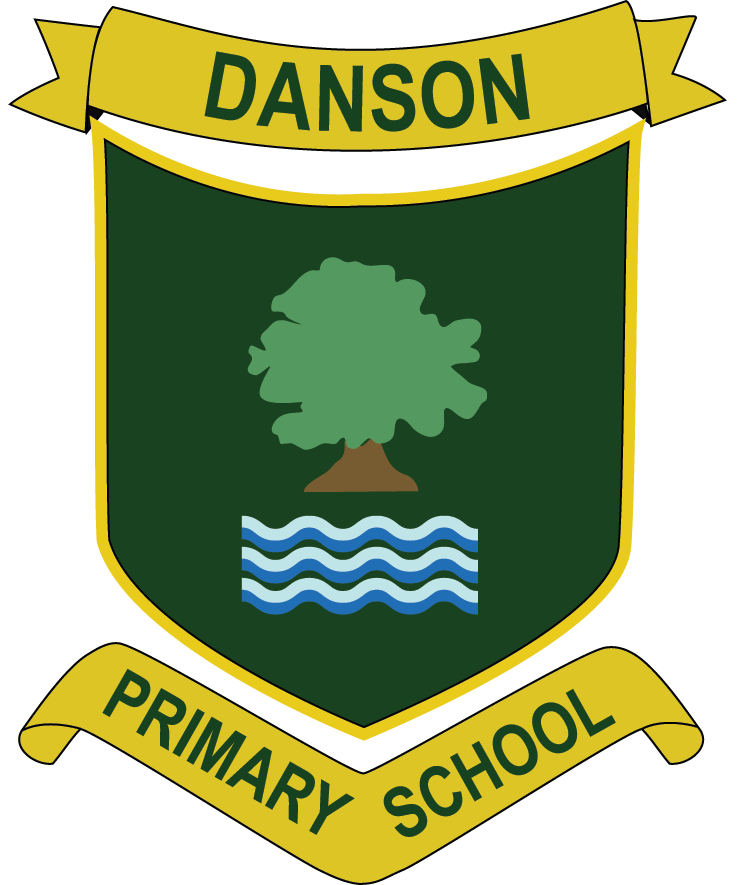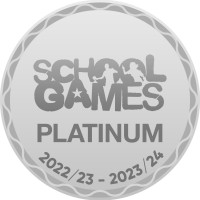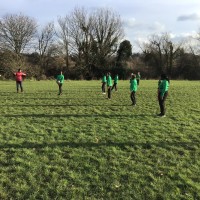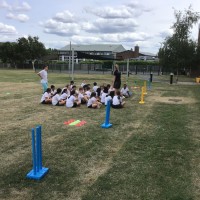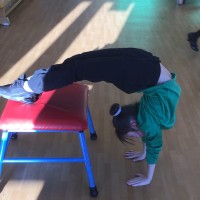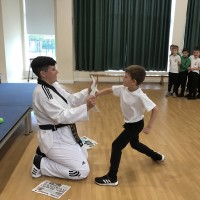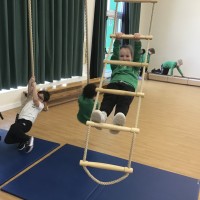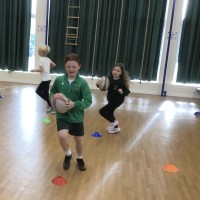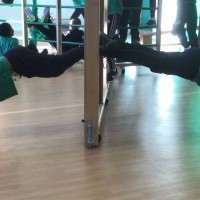Physical Education
At Danson Primary School we are passionate about the importance of Physical Education as part of a broad and balanced curriculum. We challenge our children to continually develop and improve their knowledge and understanding through a skills based curriculum. The children are provided with one lesson led by our specialist Sports Instructor and one lesson taught by their class teacher. Using Complete PE children learn a wide range of activities developing both the physical and social elements of this subject.
Aims
The aim of our PE curriculum is to ensure all children have the opportunity to a variety of sporting achievements. We encourage them to work at their own pace and challenge themselves throughout. Adding to this, we provide a variety of clubs outside of the PE and focus our Sports Premium on developing competition and opportunities for all.
Teaching and learning
Our PE curriculum covers a variety of skills throughout their time in primary school. These skills are taught in different strands and include all the core elements of the National Curriculum. Below is the curriculum map for this year.
Early Years: Physical Development in the Early Years at Danson Primary School
The Statutory Framework for the Early Years Foundation Stage (September 2021) separates learning and development into seven areas (three prime areas and four specific areas). Physical Development is one of the three ‘prime areas’ of learning and is considered as ‘vital in children’s all-round development, enabling them to pursue happy, healthy and active lives. Physical development area of learning is further broken down into the two aspects: Gross Motor Skills which provide the foundation for developing healthy bodies and social and emotional well-being and Fine Motor Skills which helps with hand-eye coordination, which is later linked to early literacy.
At Danson Primary School we develop PE skills and knowledge through a mixture of child-initiated and adult-led learning in our rich indoor and outdoor environments. Children participate in weekly P.E. lessons and have access to a range of equipment and activities within the continuous provision. This includes:
- Move freely and with pleasure and confidence in a range of ways, such as slithering, shuffling, rolling, crawling, walking, running, jumping, skipping, sliding and hopping.
- Mounts stairs, steps or climbing equipment using alternate feet.
- Walks downstairs, two feet to each step while carrying a small object.
- Run skilfully and negotiates space successfully, adjusting speed or direction to avoid obstacles.
- Can stand momentarily on one foot when shown.
- Can catch a large ball.
- Use of small world activities, puzzles, arts and crafts, bikes and scooters.
Key Stage 1
The Key Stage 1 curriculum is based around 7 core themes (Ball skills, dance, gymnastics, health and wellbeing, locomotion, team building, attack v defence):
The skills in Key stage 1 are vital for their age and are built on as they progress through the school. These include:
- Basic movements including running, jumping, throwing and catching.
- Developing balance, agility and coordination, and begin to apply these in a range of different activities.
- Participate in team games, developing simple tactics for attacking and defending.
- Perform dances using simple movement patterns.
Key Stage 2
As the children move through the school to Key Stage 2, it is split into lower and upper key stages.
Lower Key stage 2 is arranged into 6 themes and provides an opportunity for us to select our own sport specific section. (Athletics, Dance, Games, Gymnastics, Outdoor Adventure Activities, health, wellbeing and mindfulness)
Lower Key stage 2 continues to master the skills from KS1 and apply these across a range of sports. The skills include:
- Use running, jumping, throwing and catching in isolation and in combination.
- Play competitive games, modified where appropriate [for example, badminton, basketball, cricket, football, hockey, netball, rounders and tennis], and apply basic principles suitable for attacking and defending.
- Develop flexibility, strength, technique, control and balance.
- Perform dances using a range of movement patterns.
- Take part in outdoor and adventurous activity challenges both individually and within a team.
- Compare their performances with previous ones and demonstrate improvement to achieve their personal best.
Upper Key Stage 2
Upper Key stage 2 is arranged into 6 themes and provides an opportunity for us to select our own sport specific section. (Athletics, Dance, Games, Gymnastics, Outdoor Adventure Activities, health related fitness)
In Years 5 and 6 children continue to master the skills learnt previously. In addition to this we also take years 5/6 to a local swimming pool weekly, where we employ 3 swimming coaches. We keep the groups small to provide children with the maximum opportunity to complete the curriculum target of being able to swim 25m independently by the time they leave year 6.
Assessments
PE assessment is done by various methods including throughout the lesson and across the term.
Formative assessment or ‘ongoing’ assessments take place throughout their PE lessons. Children are provided a variety of opportunities where they can give constructive feedback to themselves and others. Teachers also assess their tactical awareness, skills and social elements within these lessons as well as any connections the children can make with previous learning. This information then supports future learning needs, describes students’ progress, and determines their strengths and areas of development for class and cohort.
At Danson we use Complete PE for Summative assessment. This is an overall assessment which takes place at the end of a unit. It is also described as ‘Assessment of Learning’ as it provides a synopsis of students’ levels of attainment and progress at the end of a specified interval.
Extra-curricular activities
We are a Platinum School!
The School Games Mark is a Government-led award scheme that was launched in 2012 and is facilitated by the Youth Sports Trust. It is designed to reward and recognise school engagement (provision and uptake) in the School Games against a national benchmark and to celebrate keeping young people active.
As a school, we are committed to using School Games to engage young people who haven’t previously been active or represented our school to ensure positive experiences in school and beyond. We also believe in the power of physical activity and give opportunities for these young people to be a participant, leader or official.
We are delighted that Danson Primary School achieved Platinum stutus in the School Games Mark Award school. This is due to the dedication and commitment of our pupils and staff. We have determined community who believe in the different aspects of physical activity and school sports.
Outside of normal PE lessons, we have arranged a full competitive sporting programme. Children have the opportunity to attend a wide variety clubs in each year group, alongside the competitive sports programme. As with all sporting opportunities, we encourage a positive social attitude towards team games enabling the children to understand the importance of teamwork and cooperation.
The children have an opportunity to try different physical activities after school that are run by both the school and outside agencies. This year, we have run clubs such as:
- Glow in the dark dodgeball
- Team sports
- Basketball
- Hockey
- AW football
- Dance
- Multiskills
In year 5 and 6, the children have opportunities to represent the school at various abilities. This year, we have attended:
- Girls' try-out rugby event
- Boys' tag-rugby festival,
- Girls' tag-rugby festival,
- Boys' cricket
- Girls' cricket
- Bexley Borough football for boys and Girls (A and B teams).
- Charlton Athletic Community sports shield
- Netball games against other local schools.
- Bexley Swimming Gala
- 'Just for Fun'-Targeted programmes including Handball, Dodgeball and Basketball.
